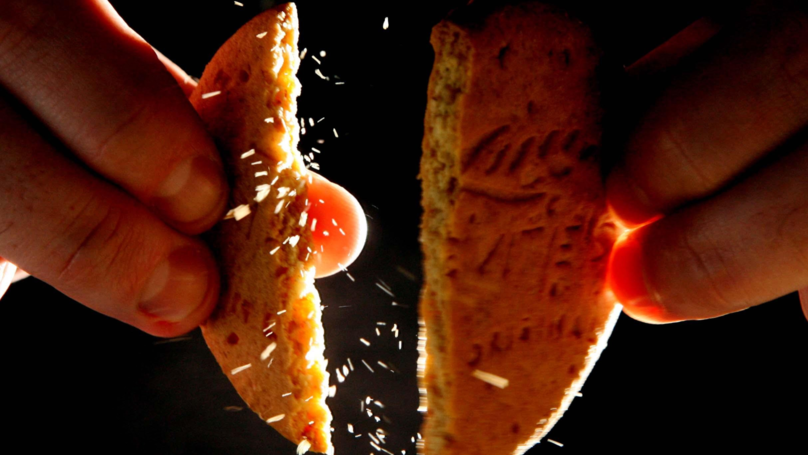It’s easy to assume that American and British culture is quite similar because of our shared language. However, popular transatlantic exports such as Friends and the royal family belie the differences in the two countries’ everyday lives.
The chasm was exposed in a thread on Reddit, after one user posed the question: “Americans, what ‘British thing’ confuses you?”
Turns out, all kinds of things.
Naturally, language surrounding intoxication and being ‘pissed’ has caused some confusion.
One user wrote: “I made friends in the UK and had a night out with them. At the end of the night one of them looked at me and said, ‘you’re pissed’ and I asked ‘what?’ He said ‘you seem like you’re pissed mate’ and I responded ‘no I’m feeling good. I’m not mad, tonight has been great.’
“He then explained that pissed meant drunk, which I think I already knew but I think by that point I couldn’t remember which country I was in because I was pissed.”
Fair enough, the word ‘pissed’ is confusingly multi-purpose in Britain. Indeed, if you were to say, “I’m pissed off cos I pissed away my money getting pissed and pissed all over my cat”, that would actually make sense.
Another user replied to the bewildered American boozer, saying: “In England you take literally any noun and ‘ed’ to the end of it and it works as a word for being drunk. Eg: lampposted, tabled, bricked etc…”
True – however, it is worth noting that ‘bricked’ can also mean you’ve shat yourself in some regions.
A more surprising source of puzzlement is the humble digestive biscuit.
One user said: “I’m gonna have to go with ‘Digestive biscuits’. It sounds like something I’d give to my dog if he ate a crayon.”

Credit: PA
Again, it is tough to argue with that. The fact it’s not a cookie is confusing enough for Americans, for whom ‘biscuit’ refers to a sort of savoury scone, often served as a popular breakfast item with a of cornflour gravy that bears more than a passing resemblance to baby sick.
Besides, if you were going to launch a new biscuit today, you wouldn’t call it a ‘digestive’. But when something is much of a cultural institution as these tea-dippers, then you could call it a bowel biscuit and nobody would bat an eyelid.
Another user asked: “Why do you put a wash basin [washing-up bowl] IN the sink for dish washing? Just seems redundant to me since you already have a basin for dishwater – the sink!”
Well, durrr, it’s to make the washing up basin smaller, thus rendering the chore of doing the dishes challenging and engaging.
It seems even from the point of greeting Americans can get the wrong end of the stick (know what that means?).
One user said: “The standard greeting of ‘you alright?’ Always look myself over to make sure I’m not bleeding.”
Inevitably, ‘pants’ have prompted some amusing misunderstandings for Americans, but it appears other garments can be puzzling.
One user asked: “What’s a jumper?”
To which another user replied: “A goalpost.” … Presumably confusing the American way more.
Irn Bru, meal times and the concept of a ‘cheeky Nando’s’ were also listed as causes of confusion.
So yes, perhaps British culture is a bit weird, what with our funny biscuits and beverages. But there are lots of aspects of American culture that confuse Brits too, such as not drinking until you’re 21, but allowing 18-year-olds to buy assault rifles




